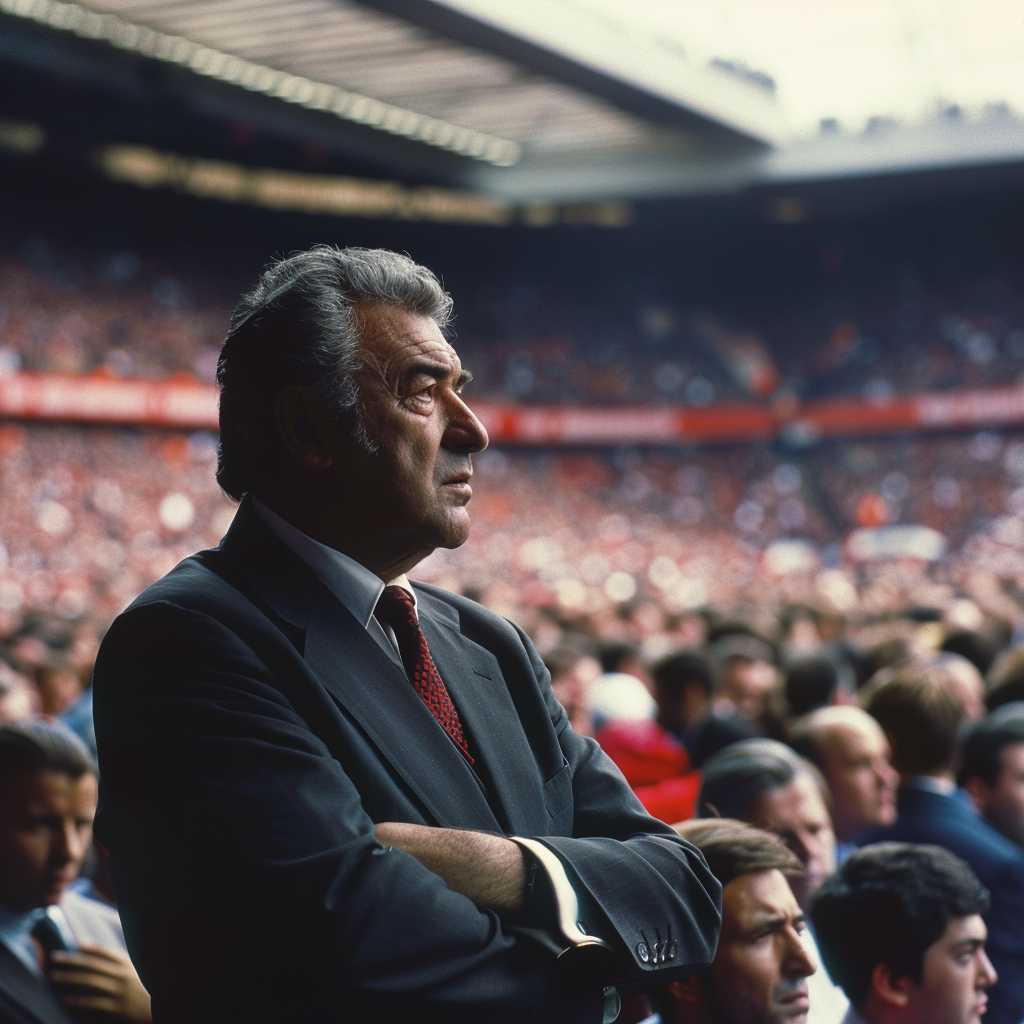The Life and Career of Terry Venables: Impact on English Football
Terry Venables is a name that resonates deeply within the halls of English football history. A figure describable as one-part manager, one-part tactician, and one-part football philosopher, Venables has played a significant role within the sport on various levels. His contributions to English football have ranged from club management to his time as the England national team boss, leaving behind a legacy marked by innovation, controversy, and success.
Early Life and Playing Years
Terry Venables, commonly known as “El Tel”, was born on January 6, 1943, in Dagenham, England. As a youngster displaying an avid passion for football, he quickly graduated through the ranks of local amateur sides,
culminating in his professional debut with Chelsea in 1960. Over the next ten years, Venables established himself as a solid creative midfielder. He not only represented Chelsea but also Tottenham Hotspur and Queens Park Rangers (QPR), accumulating appearances and accolades, including winning the FA Cup with Tottenham in 1967.
His playing career was dotted with success but even in these early stages, it was clear that Venables had a tactical mind suited for coaching and management—a path he would soon steadfastly embark upon.
Transition to Management and Club Success
In 1976, Terry Venables took his first major step into management with Crystal Palace. Employing innovative techniques and showcasing his understanding of tactical nuance, he successfully guided the club to promotion to the top tier of English football. His managerial career unfolded with periods at QPR, where he led the team to the FA Cup final in 1982, and Barcelona – a testament to his reputation that transcended national boundaries—where he helped the team win La Liga in the 1984-85 season.
Arguably his most significant spell at club level came through his association with Tottenham Hotspur in the early 1990s. Despite various financial and legal issues haunting the club during his tenure, Venables steered Spurs to an FA Cup victory in 1991.
The England Tenure and Tactical Innovations
In 1994, Venables was handed the reins of the England national team—a role that would define his contributions to football at an international level. With England set to host UEFA Euro 1996, there was significant pressure on Venables to rebuild and refresh an England side that had failed to qualify for the previous year’s World Cup.
Venables responded by fostering a close-knit team spirit and deploying advanced tactical systems that were arguably ahead of their time for English football. Utilising a flexible “Christmas Tree” formation, he was able to get the best out of key players like Paul Gascoigne and Alan Shearer. The result was an England team that reached the semi-finals of Euro ’96, re-energising a nation’s love for football along the way.
Despite his successful tactics and ability to galvanize the national side, Venables stepped down from managing England following the tournament amidst controversial non-football-related business dealings.
Later Career and Media Endeavours
Following his England tenure, Venables had several spells at different clubs including Leeds United and Middlesbrough. He ended his management career as head coach of the Australian national team from 1997 until 1998 without managing to repeat the levels of success from his earlier years.
Venables also stepped into punditry and media work providing insightful analysis during major football tournaments for several networks. His charismatic on-screen presence mirrored his dynamic approach when he was on the touchline coaching teams.
Controversies and Legal Matters
Terry Venables’ career has not been without its share of controversy—legal disputes with various clubs and financial irregularities garnered significant attention during and after his managerial days. These events slightly marred what was otherwise an impactful career in football and often created a polarizing view of Venables amongst fans and commentators alike.
